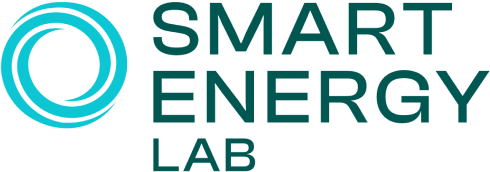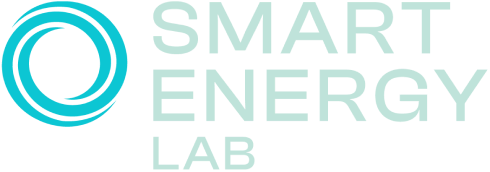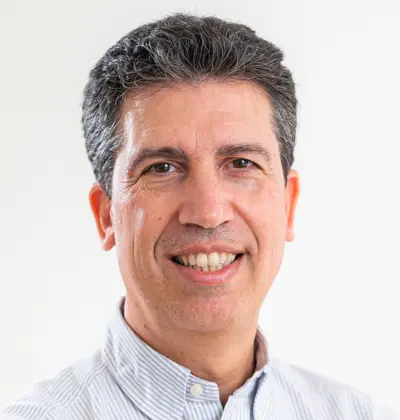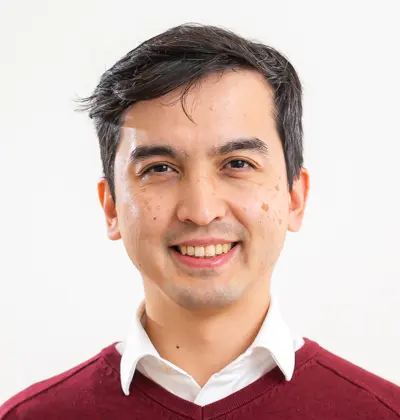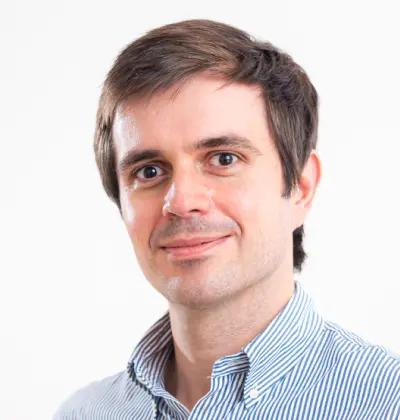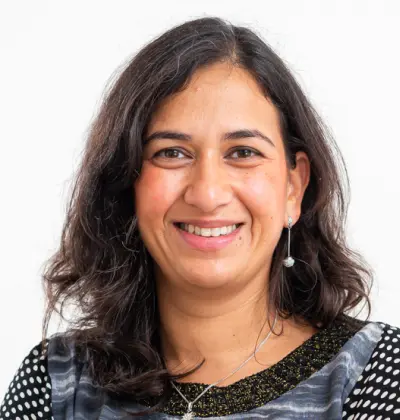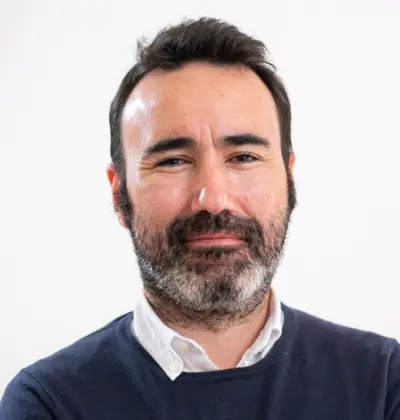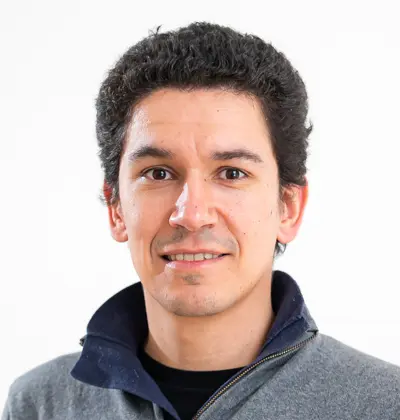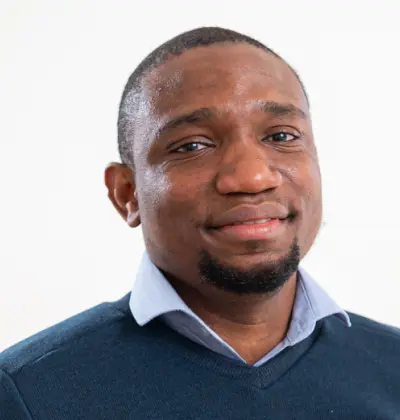Purpose & values
Smart Energy Purpose and Mission
“Our purpose is to empower businesses and their customers with innovative solutions that enhance the use of electricity based on renewable energy, accelerating the Energy Transition in the New Downstream Energy sector.”
We achieve this by integrating three levers of acceleration of the end-user Energy Transition – User adoption, Transactional cost reduction and Technology focused on life improvement.
Our approach
Three levers of acceleration
Our highly qualified team, with expertise in Business Analysis, Customer Experience, Hardware and Software Engineering, drives these efforts forward.
1. Useful Technology that can improve life
Technology is an important part for the success of the decarbonization through Energy Transition
2. User Adoption
The user should be engaged with the solution
3. Transaction costs reduction
Development and operational costs should be low-enough to make the solution affordable and accessible to a wider range of users
Positive impact driven
Smart Energy’s Core Values

Innovative
Committing to creative solutions that seamlessly integrate user adoption into tech development processes, and delivering innovative business models that accelerate the Energy Transition.

Adaptable
Skilfully navigating change with agility, seamlessly integrating user and business needs into dynamic product development processes.

Sustainable
Promoting decarbonization, transitioning energy consumption from fossil fuels to electricity and aligning it with the availability of renewable energy sources, striving for Climate Resilience.

Trustworthy
Prioritizing integrity and reliability in all our interactions and operations, ensuring adherence to quality standards and regulatory requirements, fostering trust through consistent delivery on commitments.
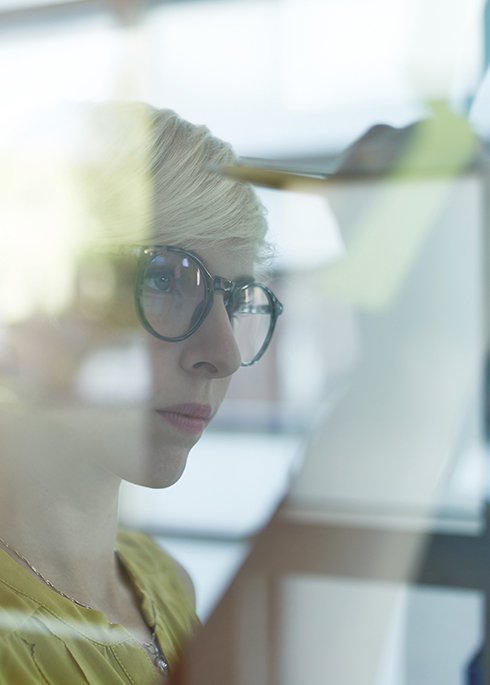
Collaborative laboratory
Smart Energy CoLab:
Engaging Science and Academia in Complex and Large-scale Problems
(...) Collaborative Laboratories reinforce the current structure of technological interface centres and other intermediary institutions in Portugal, (...) with the objective of stimulating the active participation of the scientific and academic system in the understanding and resolution of complex and large-scale problems, generally not susceptible of being solved within a single disciplinary, scientific, technological or institutional strand.”
ANI. (2021). CoLABs Annual Report 2021. Agência Nacional para a Inovação. Retrieved from https://www.ani.pt/media/6567/colabs-annual-report-2021.pdf
Our CoLab1 is designed to promote innovation, creating well-being and social and economic value in the New Downstream Energy sector by fostering collaborative practices between scientific, technological, and higher education institutions and the Energy industry.
Cultivating a vibrant innovation ecosystem through cutting-edge research and development, and facilitating seamless knowledge transfer from academia to industry, Smart Energy Lab catalyses the creation of new business opportunities and practical, marketable solutions that accelerate decarbonization and the adoption of Energy Transition efforts. This highlights the impactful collaboration at the core of the CoLab endeavour.
1an initiative by Agência Nacional para a Inovação in Portugal and Fundação para a Ciência e a Tecnologia
Project sheet is available here

Our people
Shaping a Green Energy Future:
Meet Our Dynamic Team at Smart Energy
People are our greatest asset. Our dynamic team of over 45 highly qualified, energetic, and dedicated individuals includes innovative thinkers, passionate engineers, insightful analysts, visionary designers, skilled software developers, and strategic business experts.
Together, we are committed to shaping a future that is sustainable and free of fossil fuels.
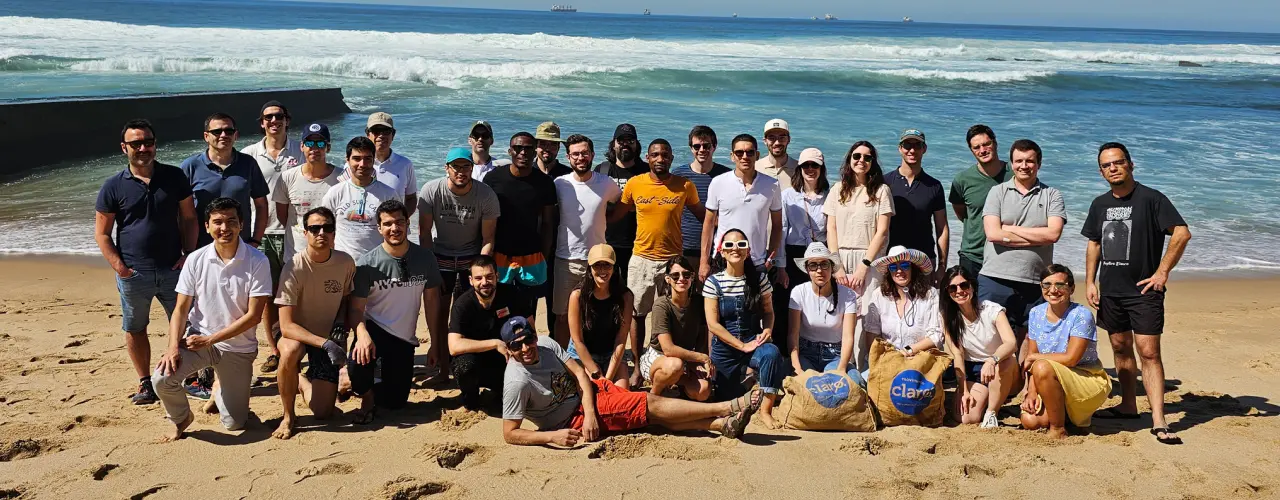
Filipe Santos
Filipe Santos serves as the CEO of Smart Energy Lab, a factory for developing any new product, service, or process that accelerates the business of companies offering New Energy Downstream solutions.
Filipe has more than one decade of experience in the energy sector, leading different business and corporate areas at the EDP group. Before joining EDP, Filipe led three startups in the areas of financial services and real estate, managed a retail bank's commercial branch network, and worked in management consulting at McKinsey & Company. He holds a degree in systems and computing engineering, as well as an MBA.
João Wang de Abreu
João oversees operations, strategy, planning, and financial activities, integrating a holistic approach across all units. His extensive career trajectory, from Deloitte and the European Commission to advising governmental bodies and energy consultancy, underscores his versatile expertise in navigating complex challenges.
Beyond his professional achievements, João is recognized for his dedication to sustainability and energy innovation. His academic pursuits include an MBA from the Lisbon MBA International Program, a collaboration between Católica, Nova, and MIT Sloan; a Postgraduate degree in Sustainable Energy Systems from the MIT Portugal Program; and a Master’s degree in Environmental Engineering from the Faculdade de Ciências e Tecnologia at Universidade Nova de Lisboa.
Pedro Rocha Almeida
Pedro Rocha Almeida oversees product and business strategy within the organization. With 15 years of expertise in the Energy sector, Pedro has navigated diverse roles across the value chain, from utilities to technology supplier roles in Belgium and U.K.
Before joining SEL, Pedro distinguished himself as a prolific researcher, contributing significantly to the academic community with over forty peer-reviewed papers and five book chapters. His scholarly contributions have been recognized with two best paper awards. His passion for research fuels his constant monitoring of industry trends, ensuring SEL remains at the forefront of innovation.
Pedro holds an Executive MBA from Porto Business School, a PhD in Sustainable Energy Systems from MIT Portugal, and a degree in Electrical Engineering with a specialization in Power Systems from the University of Porto.
Sónia Forjaz de Sampaio
Sónia’s passion for solving social, environmental, and economic wicked problems led her to Indonesia to address the tourism paradox, to volunteer with The Ocean Cleanup, and ultimately to join Smart Energy Lab. At Smart Energy Lab, she is responsible for the design strategy and user experience that ensures the successful implementation and adoption of products and services in the Energy New Downstream sector, contributing to the Energy Transition.
Sónia has extensive experience within multinational design teams, particularly in the Telco Sector in the NL, where she strived in cross-functional roles integrating product development with brand strategy. Her expertise encompasses Communication, Brand, Service, Strategic, and Experience Design (including UX, CX, and EX). Motivated by a deep curiosity and a commitment to aligning human needs, environmental sustainability, and business objectives, she has consistently contributed to advancing digital transformation and fostering business innovation.
Sónia's portfolio includes the rebrand strategy for Liberty Global to align with its evolving focus on digital innovation, launching the Virgin Media Accelerator aimed at nurturing startups in IoT, telecom infrastructure, and connected home sectors, and playing a pivotal role in driving VodafoneZiggo's transitions to digital television and 5G in The Netherlands.
With a bachelor’s degree in Communication Design from Faculdade de Belas Artes at Universidade de Lisboa, Sónia’s early interest in design strategy prompted her to pursue an MSc in Strategic Design and Management at Parsons School of Design in New York later on.
Rui Martins
Rui is entrusted with overseeing the strategic development of EU-funded projects.
With an impressive 17 years of experience, Rui possesses profound expertise in cultivating EU projects, both domestically in Portugal and internationally, including significant contributions in Luxembourg.
His capabilities are fortified by his adeptness in project financing, fostering international cooperation, and driving business development initiatives. Moreover, Rui has played pivotal roles as an Independent Expert and Monitor for the European Commission, underscoring his deep commitment and impact within the EU project landscape.
Rui earned his degree in Environmental Engineering from Universidade dos Açores, reflecting his foundational knowledge in environmental sciences.
Diogo Brito
Diogo oversees the team coordination and drives the development of cutting-edge solutions for the New Downstream Energy sector. With over 10 years of experience, he previously served as a researcher at INESC ID and as an invited assistant professor at Escola Superior Náutica Infante D. Henrique, teaching courses in Programming, Electronics, and Signal Processing.
Diogo is also a respected contributor to academic literature, having authored more than 10 peer-reviewed papers. He holds a PhD and an MSc in Electrical and Computer Engineering from Instituto Superior Técnico.
Oluwapelumi Egunjobi
Oluwapelumi leads software development, bringing over a decade of experience in power energy systems, application development, intricate system integration, and pioneering work in digital currency platforms and blockchain technology.
Oluwapelumi holds an MSc in Energy Management and Technology, and a BSc in Electrical and Electronics Engineering. Currently, he is completing his PhD at the Universidade de Coimbra, further enriching his deep understanding and innovative contributions to the field.
